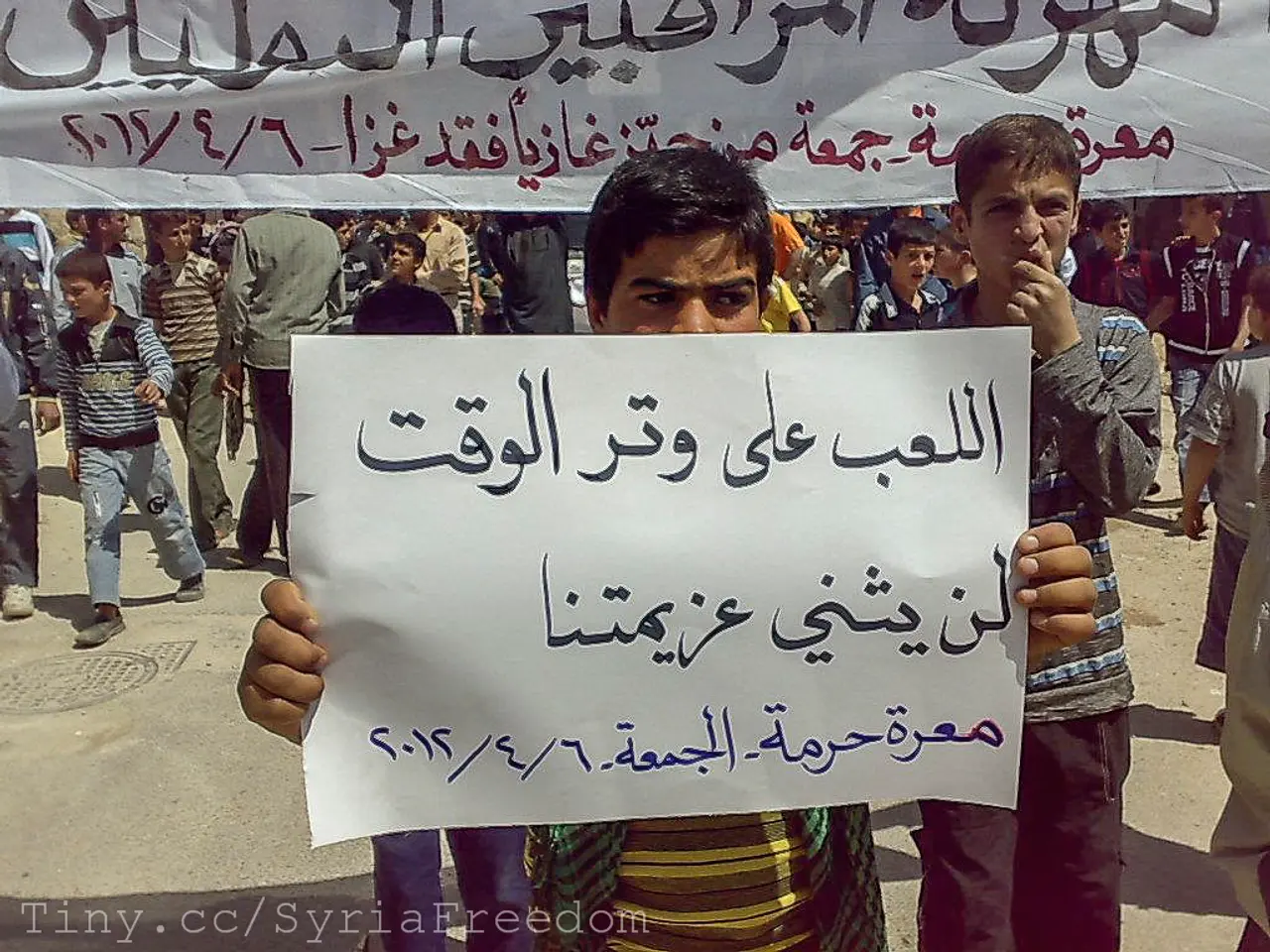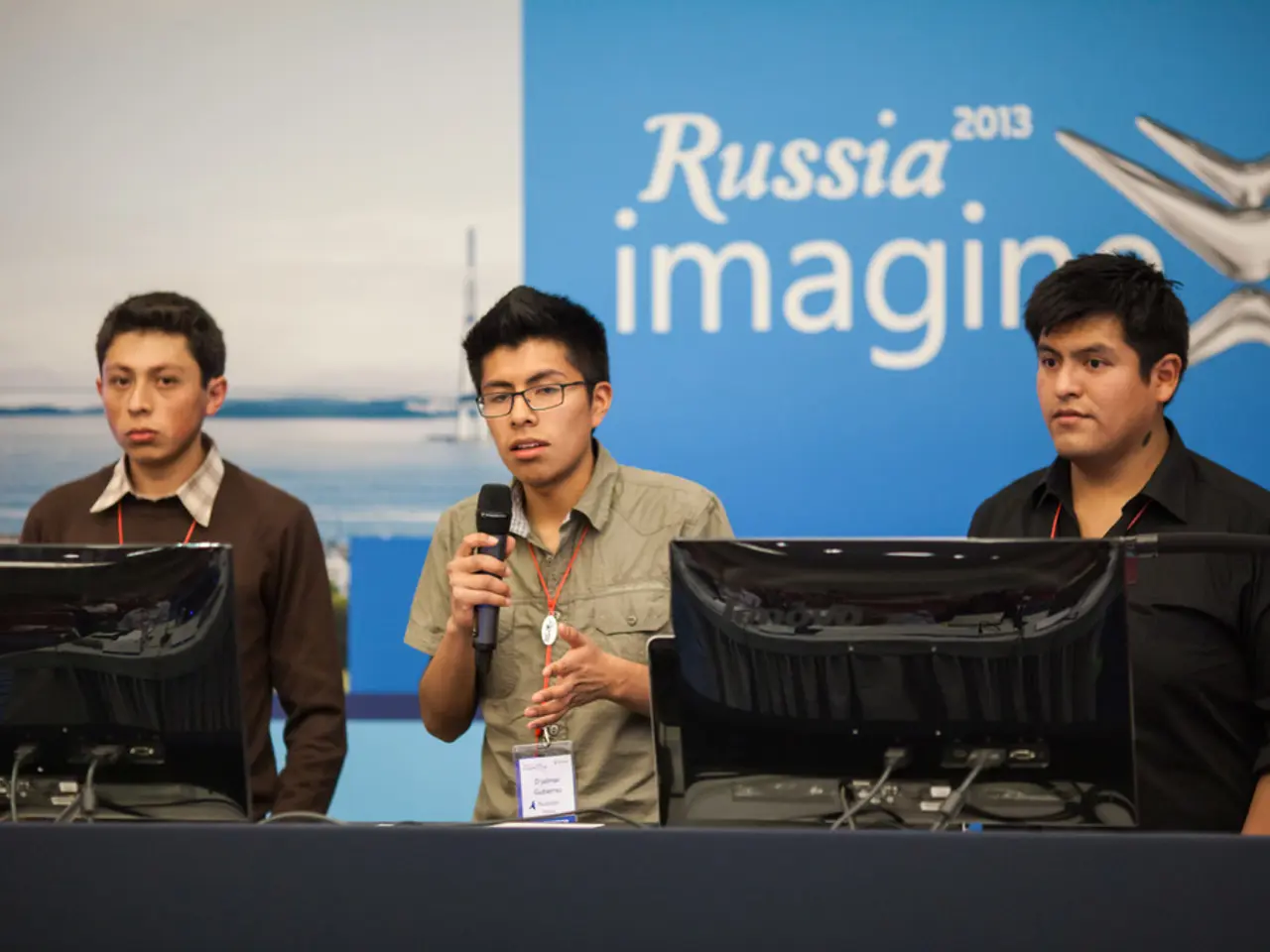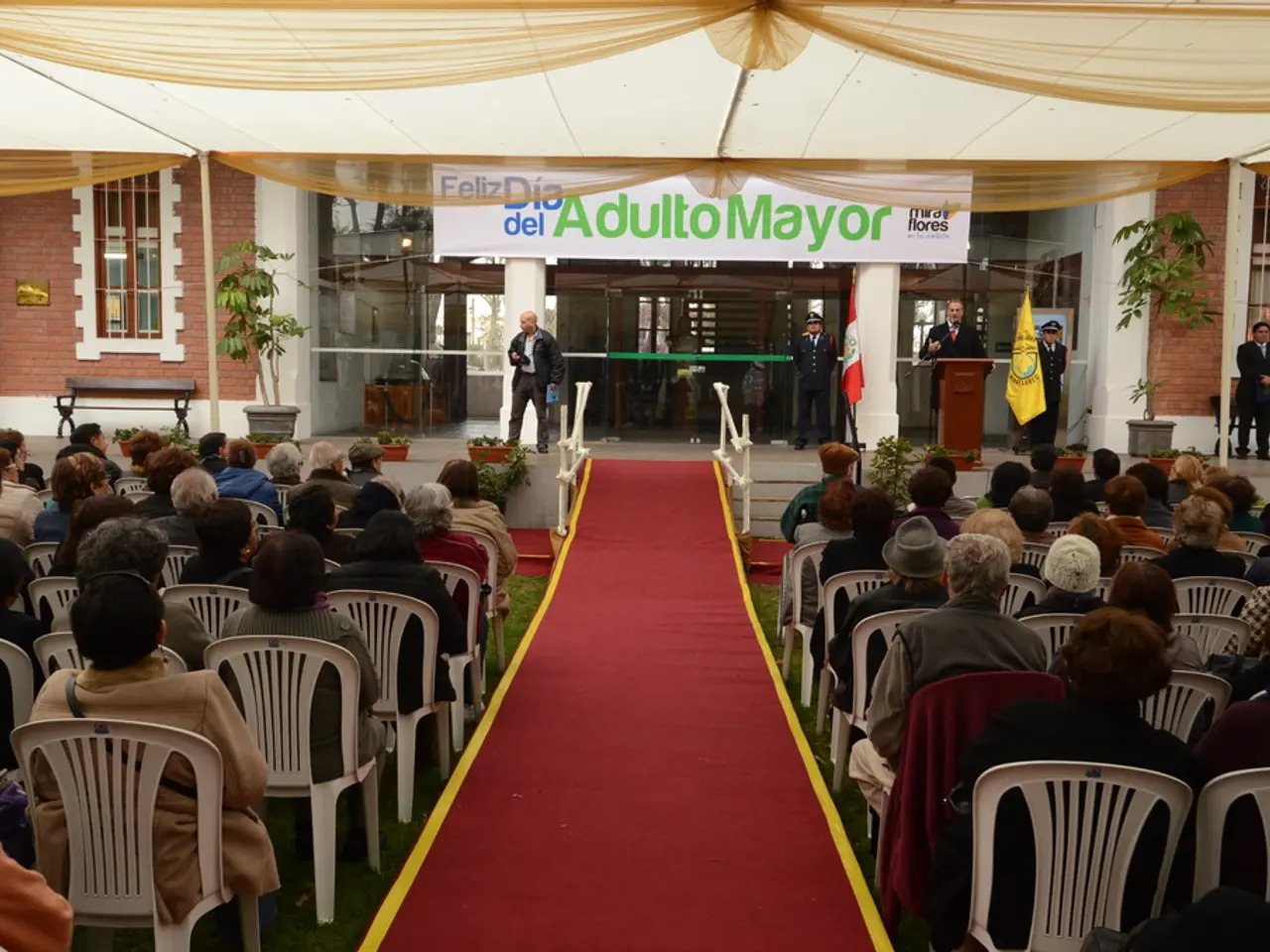Some Bavarian ministers fail to achieve success
In the aftermath of the CDU and CSU's return to the federal German government in 2025, four Bavarian ministers have taken on roles that reflect a shift towards conservative and regional priorities. Alexander Dobrindt, Alois Rainer, Dorothee Bär, and Wolfram Weimer have each assumed positions that align with their party's platform and broader political trends.
Alexander Dobrindt, a seasoned politician with a focus on transport and infrastructure policy, is expected to emphasize tax burden reduction, stronger stances on immigration, and reinforce Bavaria's regional interests within federal policy frameworks.
Alois Rainer, as a Bavarian minister, is likely to support conservative social and economic policies, advocating for stricter welfare eligibility and immigration controls. This stance coincides with the CSU leadership’s calls, such as Markus Söder, to tighten welfare payments, particularly regarding Ukrainian refugees.
Dorothee Bär, a prominent CSU politician with a background in digital affairs and transport, is poised to advance digital infrastructure and modernization, aiming to strengthen economic competitiveness via innovation. She will maintain the coalition’s conservative balance, as seen in post-2025 federal policy directions.
Wolfram Weimer, a traditional conservative figure, is likely to contribute to policy shaping around Bavarian regional interests, media, and culture, emphasizing the CSU’s push for conservative values and economic prudence.
Key policy changes and actions of the Bavarian ministers aligned with the CDU/CSU return to government include a push for decreased tax burdens and economic policies favoring business and regional economic strength. There has also been support for stricter immigration and welfare regulations, as exemplified by CSU demands to end welfare payments for Ukrainian refugees without asylum processing.
The ministers serve within a coalition balancing the CDU’s focus on economic liberalism and immigration control with the SPD’s stronger social portfolio, with the CSU maintaining its Bavarian regionalist and conservative flank.
Since taking office, ministers have implemented various actions. For instance, Dorothee Bär had her proposed "Hightech-Agenda" approved by the cabinet, setting ambitious goals for her new role, including securing more funding for space travel. Wolfram Weimer announced plans for a digital tax that would affect tech giants like Google and Meta, and he resolved the almost 100-year-long dispute over historically valuable art objects with the House of Hohenzollern.
Alexander Dobrindt initiated further tightening in migration policy, restricting the opportunity for certain refugees to bring close relatives to Germany. He also banned the "Kingdom of Germany" association, one of the largest groups of so-called Reich citizens and self-administrators.
Alois Rainer has made efforts to promote diversity on plates but distanced himself from his previous identity as a butcher. He has also faced criticism for questioning the position of the federal animal welfare officer and not extending the contract with Ariane Kari, leading to heavy criticism from animal welfare organizations.
In the realm of agriculture, Rainer implemented reliefs for farmers in terms of documentation requirements for fertilizers and postponed the launch of the state's livestock logo for meat in supermarkets until next year. Securing fresh funds from the federal budget for the renovation of stables will be a tough test for Rainer, and his plea for minimum wage exceptions for seasonal workers did not go through.
Weimer has spoken with streaming providers like Netflix about investments in the German production location, and he has positioned himself as a clear opponent of antisemitism and against the use of gender stars.
Dorothee Bär has drawn criticism from coalition partner SPD for her remarks on the botched appointment of constitutional judges. Rainer had a quiet start but his first 100 days were marked by controversy over the position of the federal animal welfare officer and the withdrawal of Günther Felßner's nomination.
The CSU aims to position itself as an innovation driver at the federal level, with Dobrindt claiming the significant reduction in asylum numbers in the first half of the year as a success of the new Union-led federal government. Dobrindt also announced that asylum seekers could be rejected at the border.
In summary, the Bavarian ministers' roles post-2025 election align with the CDU/CSU coalition’s priorities under Chancellor Friedrich Merz, which revolve around fiscal conservatism, cautious social welfare expansion, and a traditional foreign policy stance. However, further targeted government releases or parliamentary records past August 2025 would be required for detailed ministerial portfolios and specific legislative actions by these four ministers.
- Alexander Dobrindt, as a minister in the post-2025 federal German government, intends to prioritize policy-and-legislation in the areas of transport and infrastructure, focusing on tax burden reduction, stronger stances on immigration, and advocating for regional interests in policy frameworks, following theCDU/CSU's return to power.
- Dorothee Bär, appointed as a Bavarian minister with a background in digital affairs and transport, is expected to shape policy in the realm of digital infrastructure and modernization, aiming for economic competitiveness through innovation, while balancing the coalition's conservative political tendencies.







